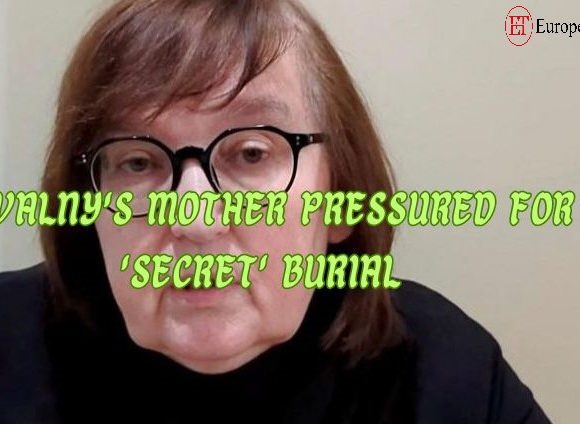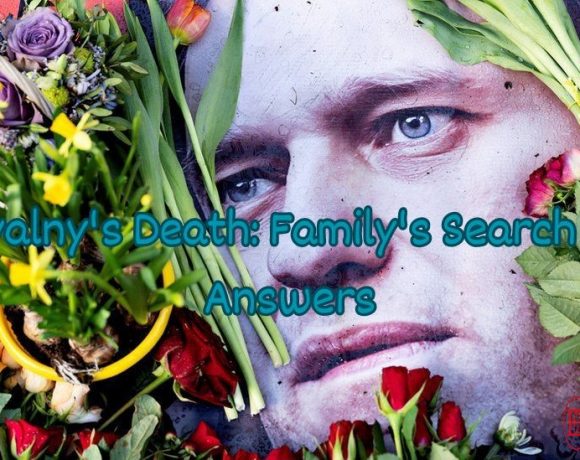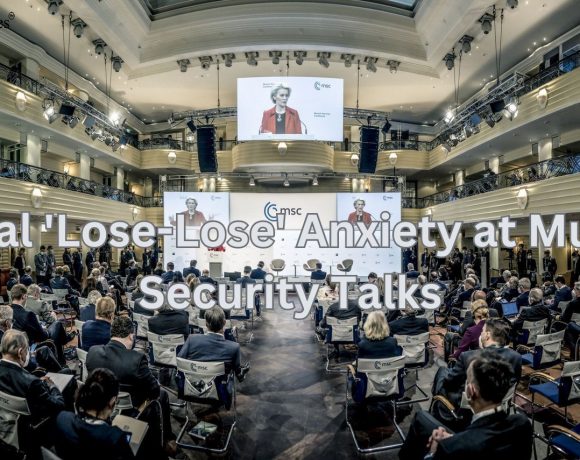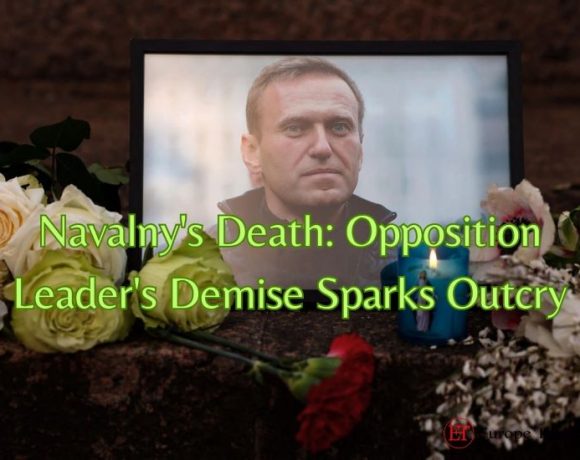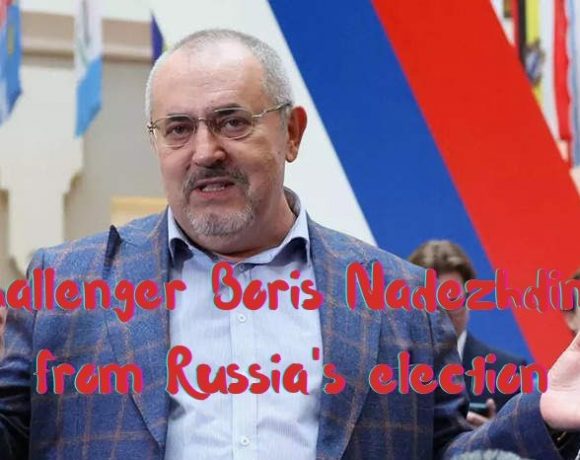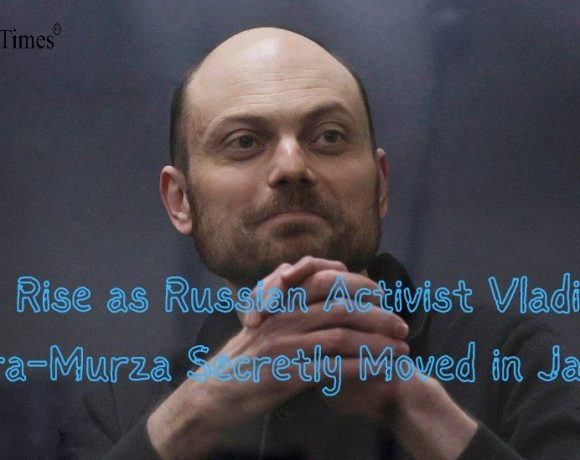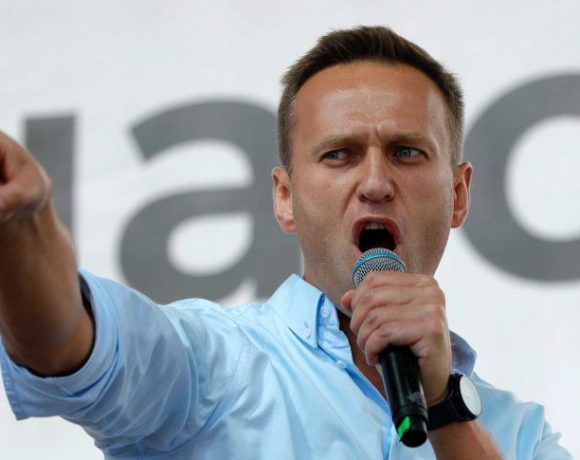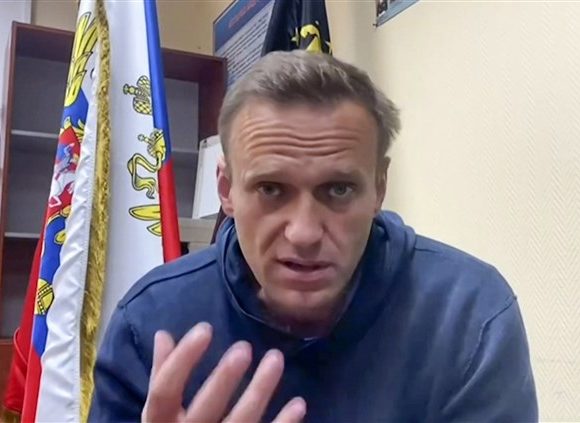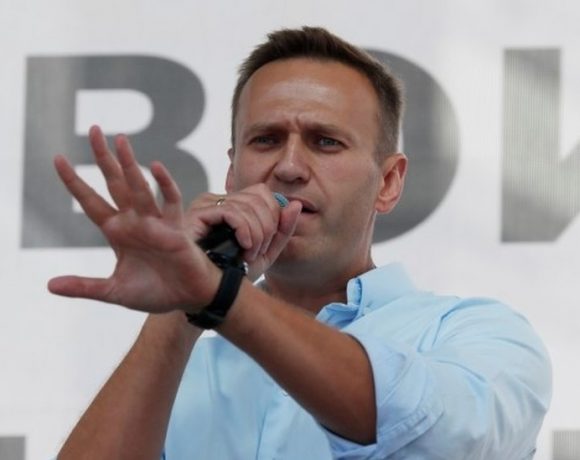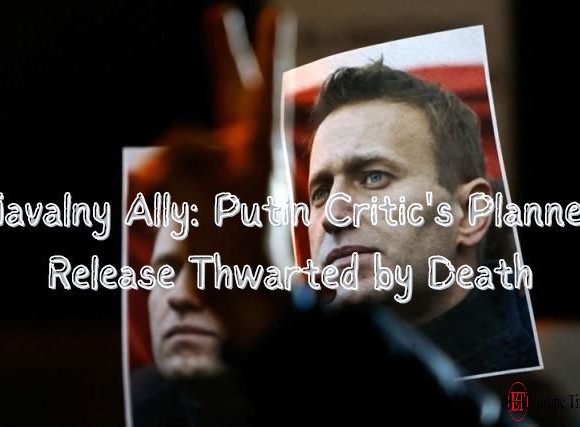
Maria Pevchikh, an ally of Alexei Navalny, revealed that plans were underway for Navalny’s release in a prisoner exchange deal. The exchange was intended to involve Vadim Krasikov, a Russian serving a life sentence in Germany for murder, along with two detained US citizens in Russia. Negotiations for this swap had been ongoing for two years but gained momentum after Russia’s invasion of Ukraine in February 2022. Concrete plans for the exchange were reportedly made in December, with American and German officials involved in the talks.
However, according to Pevchikh, Russian President Vladimir Putin changed his mind at the last minute, leading to Navalny’s sudden death in prison. Pevchikh claimed that Putin’s deep-seated animosity towards Navalny, driven by the perceived threat he posed to Putin’s power, motivated the decision to sabotage the deal. Despite the existence of a firm agreement, Putin allegedly opted to eliminate Navalny rather than allow him to be released.
These revelations come amid continued speculation and international scrutiny surrounding Navalny’s death. While the German government has refrained from commenting on Pevchikh’s claims, the Kremlin has yet to provide an official response. However, Dmitry Peskov, President Putin’s spokesperson, had previously dismissed allegations of government involvement in Navalny’s death as absurd.
Picture Courtesy: Google/images are subject to copyright

